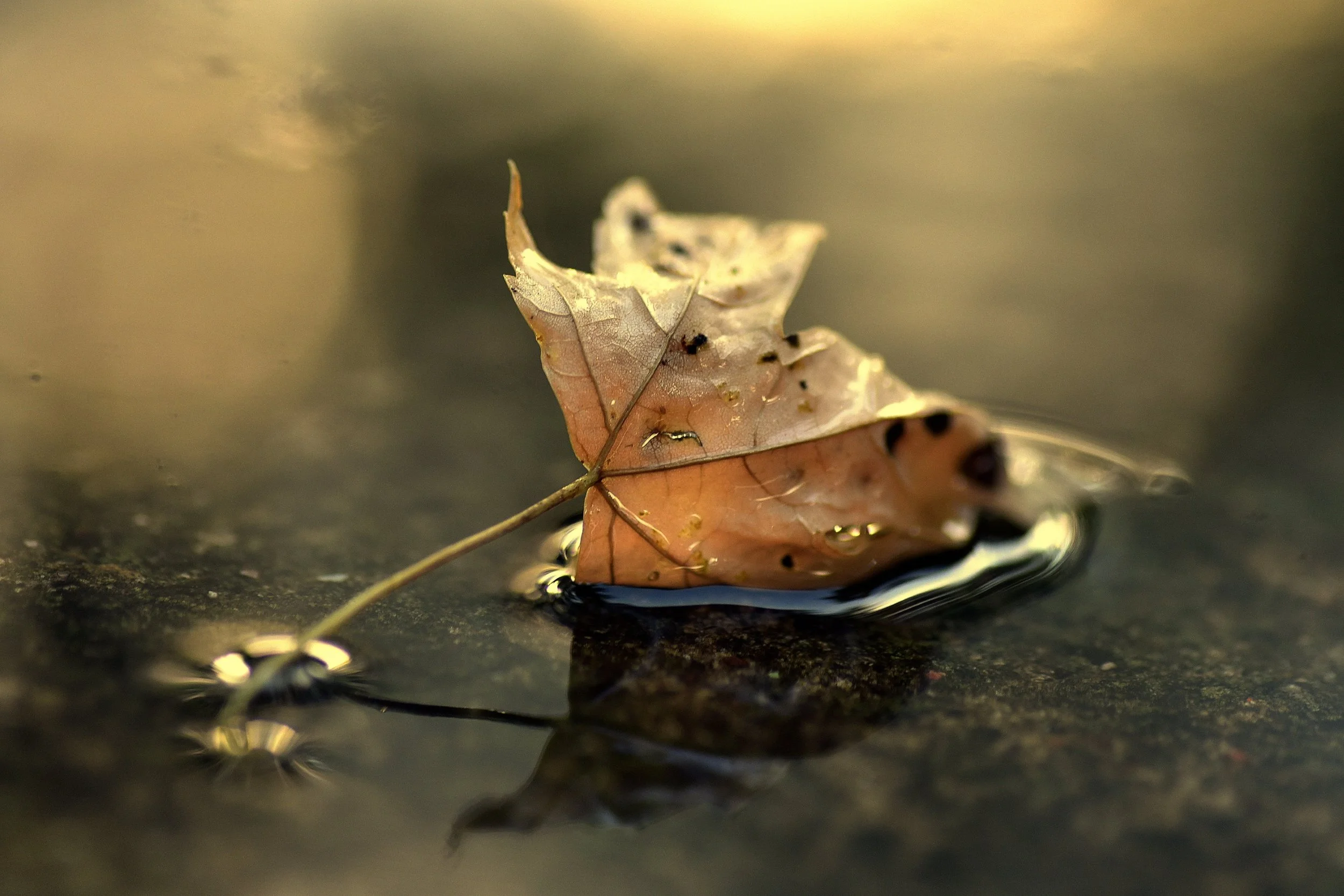Grief is complex. It’s both communal and individual. We all understand loss and sadness: it’s part of the human condition. Yet we experience these sensations differently, and it’s one individual, not the community, who lives inside extended grief for a specific person. Everyone walking down the street knows pain, yet that pain comes from different losses.
Four years ago today, my mom died. The vigil we kept lasted 14 hours, so yesterday and today were visceral reminders. My grief, in general, feels less weighty, but yesterday I was in a raw, vulnerable place. As a mindfulness teacher, I practice presence, listening, patience, focus, and kindness. My rawness made me feel uneasy, unsteady, and scattered, yet no one I interacted with noticed. I served, taught, and attended. Still, I had a strong, visceral reaction, which I couldn’t deny, and didn’t want to.
The logical part of me says, “Joy, it’s been 4 years, you’re fine.” The emotional part of me says, “Joy, your heart aches. You miss your mom. That vigil was necessary and beautiful yet also heart-wrenching and intense. Be kind and gentle with yourself.” We all carry heavy stories within us, yet we don’t often share. It didn’t feel appropriate to share with my clients, “I’m quite raw and sad. My mom died… 4 years ago.” Isn’t that interesting? Just after mom died, I let the world know how I felt. I didn’t hold back or pretend. Because I felt such intense grief, there was no other way. Yet these latest echoes, fully felt, don’t rise to the level of sharing with anyone but family and really close friends.
Today, I sat at an intersection. I watched multitudes of cars drive through, and I thought: look at all these people whom I don’t know; scads of people, going about their days, and they’re strangers. Yet they’re feeling grief, loneliness, and disappointment, just like me. They’re feeling love, gratitude, and joy, just like me. We’re individuals yet interconnected. I don’t need to declare every moment of rawness, but I can relate my vulnerability to others, my happiness to others. My life—my story, my experience—matters, yet I’m not a big deal: I’m the same as everyone driving through that intersection.
This makes me consider anew the question, “How are you?” Not as a rushed hello, but as a compassionate inquiry. What if we made space, once per day, to look someone in the eyes, ask the question, and fully listen to the answer? I think this small yet meaningful act—“How are you, really?”—taken by thousands of people, could change the world in powerful ways. It could help us heal as community.
how are you?


